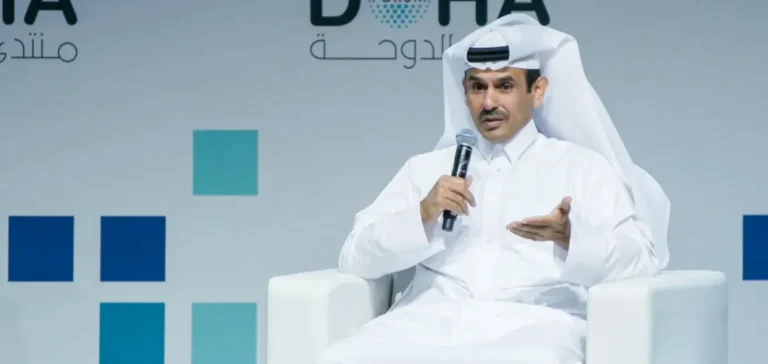Golden Pass LNG has requested permission from US regulators to re-export a cargo of liquefied natural gas (LNG), initially imported to cool down its export facilities located in Sabine Pass, Texas. Jointly owned by the American corporation Exxon Mobil and the Qatari company QatarEnergy, Golden Pass LNG is set to begin operations in the coming months following multiple delays. The cooling process represents the final technical step before actual production can begin. The industrial complex has a declared capacity of 18 million tonnes per year.
Financial issues and change of contractor
Initially launched with the American company Zachry Holdings as the primary contractor, the Golden Pass LNG project experienced significant challenges, notably financial ones. In March 2024, Zachry Holdings declared bankruptcy, noting at the time that the initial budget had been exceeded by at least $2.4bn. Following this setback, Golden Pass LNG replaced Zachry with McDermott International as the new main contractor responsible for the first liquefaction unit, known as “Train 1”. Negotiations are still underway to determine whether McDermott International will also handle the construction of the site’s two remaining units.
Context of the US LNG market
The Golden Pass LNG project intends to export liquefied natural gas from Texas to international markets. Its operational start-up would position Golden Pass as the ninth US LNG exporter, adding to an expanding list of producers. Currently, the United States holds the leading position globally in LNG exports, ahead of Qatar and Australia. This trend reflects a growing global demand for liquefied natural gas, used notably as an industrial fuel and for electricity generation.
Remaining steps before commissioning
Cooling the facility using an imported cargo is a common step in the industry prior to regular commercial production. This technical procedure enables testing of all industrial systems to ensure their operational reliability under real conditions. The requested authorisation from regulators specifically aims to allow the re-exportation of the surplus cargo used for cooling. The next stages depend on the US authorities’ response and the completion of construction work on the concerned infrastructure, which remains ongoing.






















